«It is an old ambition to have a space for the application of cooking and the conditions were created here for us to do two things that a polytechnic and applied teaching should do: have a space where you can learn to make and transmit, both to students and to entrepreneurs, what is being done within the university itself». The words are from Alexandra Gonçalves, director and professor at the School of Management, Hospitality and Tourism (ESGHT) at the University of Algarve.
With this ambition in mind, on Friday, July 15th, the Host Lab – Hospitality, Sustainability and Tourism Experiences Innovation Lab – a project developed in collaboration with the Instituto Superior de Engenharia da Universidade do Algarve, through a group of professors and researchers in the area of Food Engineering, and which wants to get the scientific community and companies to jointly develop innovative ingredients within the scope of of the Mediterranean Diet.
For Alexandra Gonçalves, this is also a fundamental step for the University to «enter into new paths in these areas», which «are constantly changing», since gastronomy is today «an essential element of our daily lives and Of region".
«This is an opportunity to show that the School is always trying to innovate, create dynamics, involve entrepreneurs, not only the hotel and tourism sector but also others», emphasizes the director in statements to the Sul Informação, stressing that this project is also concerned with a nutritional, economic and, above all, sustainable component.
«What we want to do is ensure that these products that we are going to create not only have a nutritional component, but also that the impact they will have on the region is calculated."
The project is already developing the following ingredients: spreadable oil, enriched with crushed table olives; table olives in liquid core hydrogel, using traditional table olives from the south of Portugal of the cultivar Maçanilha Algarvia or the usual Galega; wine pearls or vinegars, small beads of gel containing fortified wine or vinegar; and goat's milk derivatives, such as goat ice cream with alternative sweeteners (fruit pulp) and added fiber and goat's milk curd.
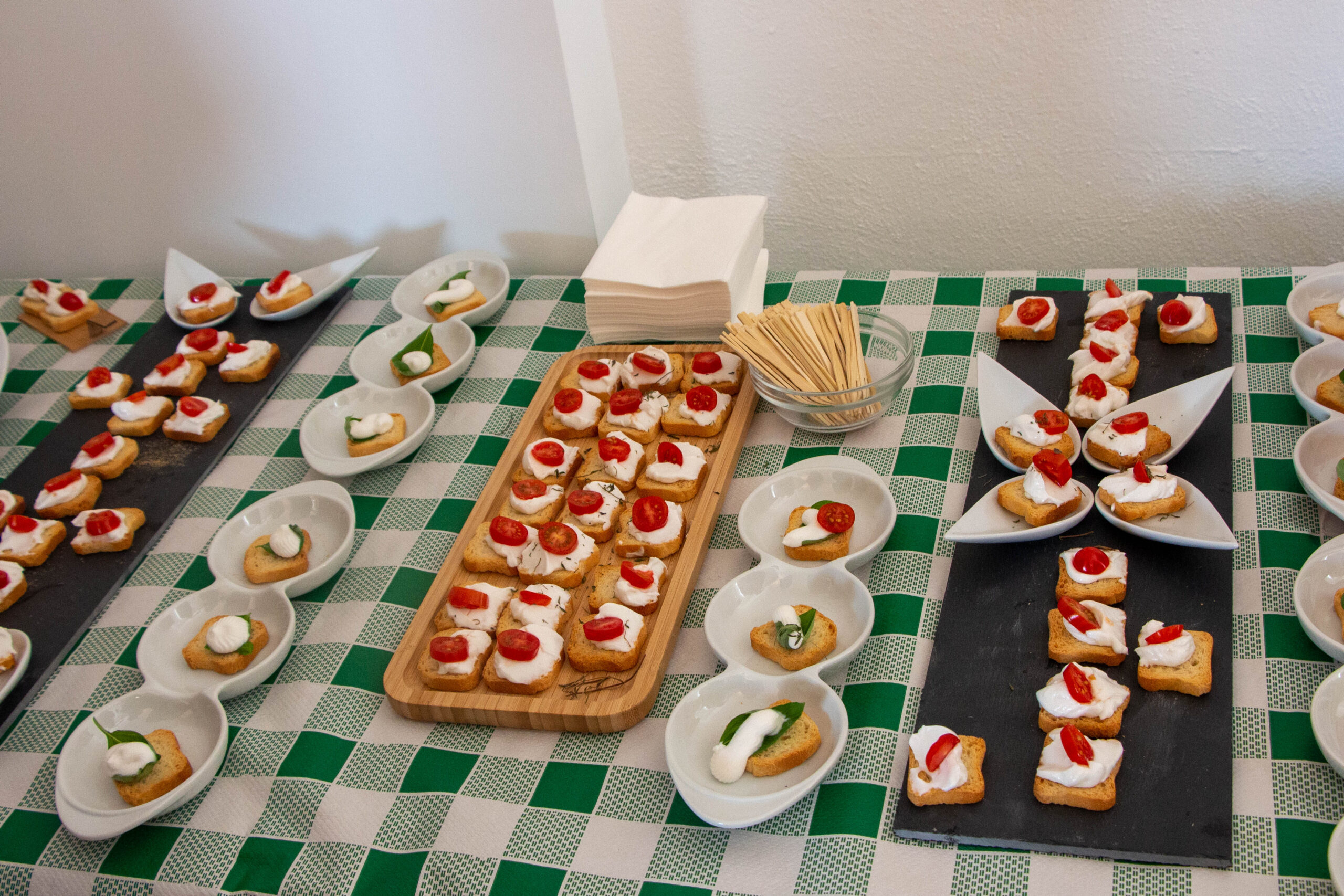
According to Alexandra Gonçalves, the studies began to be developed in March of last year, but there are only now results to show. For now, only scholarship holders are part of the project, but the idea is that, in two academic years, the Host Lab will also be available to university students.
For Beatriz, one of the fellows, this project is of «extreme importance» for her professional career, as it gives her «experience in the food and research part».
"I'm putting into practice what I've learned and it's been a challenge because sometimes things don't go as we planned, but that's how research is," he tells the Sul Informação the young graduate in Biotechnology and Master in Food Technology from the University of Algarve
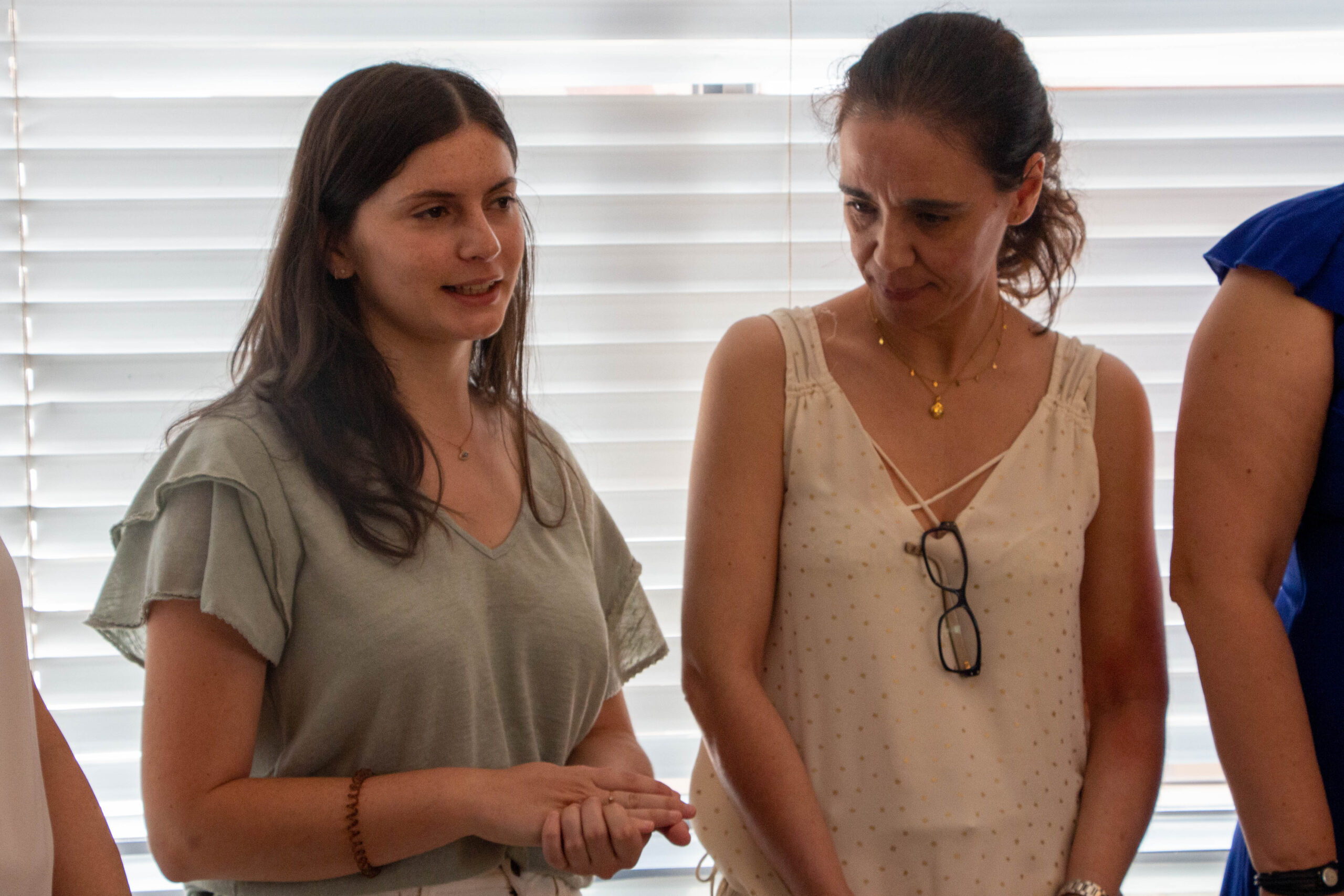
During the inauguration of the Host Lab, José Apolinário, chairman of the Committee for Coordination and Regional Development (CCDR) of the Algarve, also highlighted the ambition that this initiative is another step towards investing in the qualification of human resources.
«I can't understand how a chef still only takes a degree in Estoril. One of the challenges is to have a protocol between the polytechnic and Turismo de Portugal so that, with one more semester, you can have a degree here in the Algarve», he emphasizes.
José Apolinário describes this situation as «surreal». «We provide training for three semesters that leads to a level 5 degree, but it is not considered a licentiate», he says.
«Due to my previous duties, I became aware of the value of products: today there is seaweed ice cream, salicornia is used to compensate for the use of salt. Chefs who do this work need to know a lot more than just cooking, they need to know chemistry, economics and much more. The kitchen is also today linked to food innovation and we need to concentrate our will to increase qualifications and value endogenous resources and always invest in their innovation», he continues, congratulating this initiative.
For Paulo Águas, rector of the University of Algarve, this new laboratory will also contribute to «the appreciation of what is ours, add disciplinary areas and respond to a need in the region».
«We are committed to making more things happen in this area at the University of the Algarve because that is how we grow», concludes the rector.
Photos: Mariana Sedge | Sul Informação
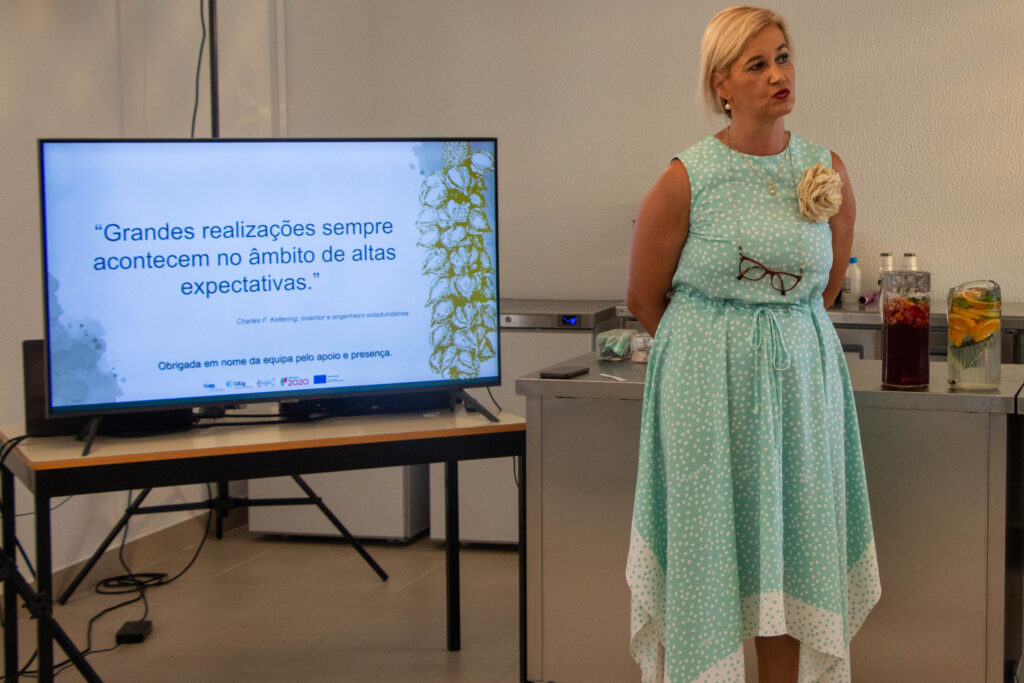
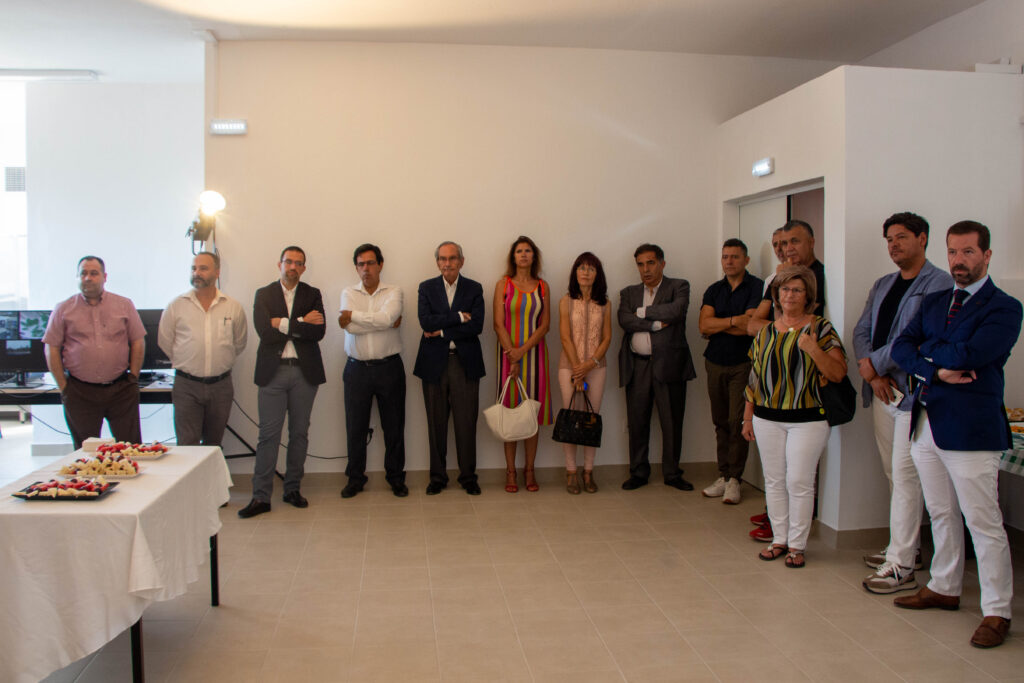
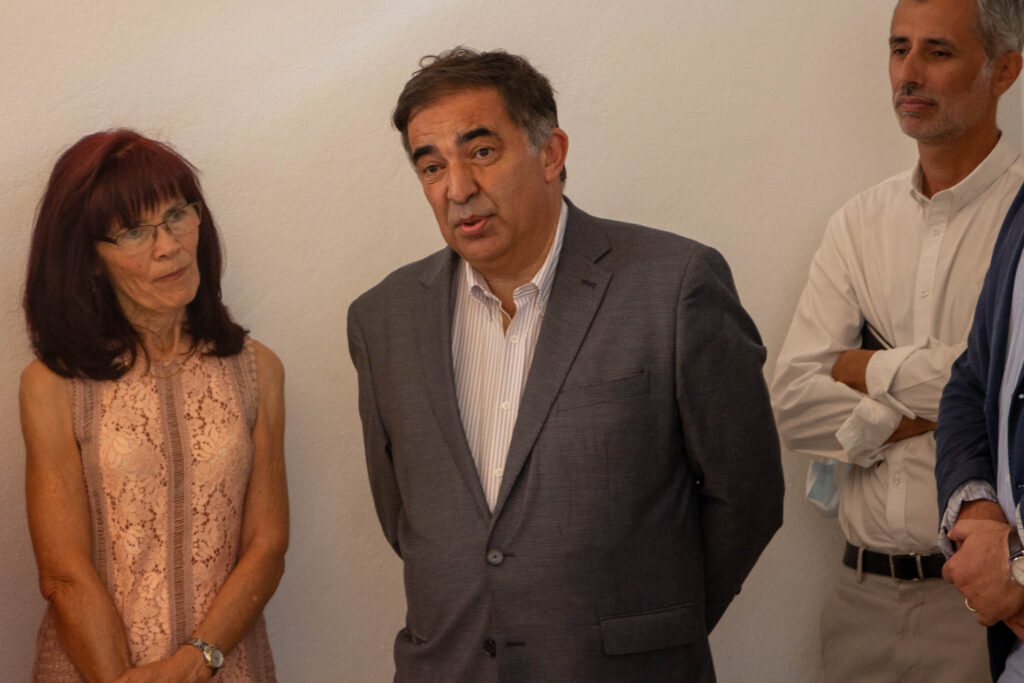
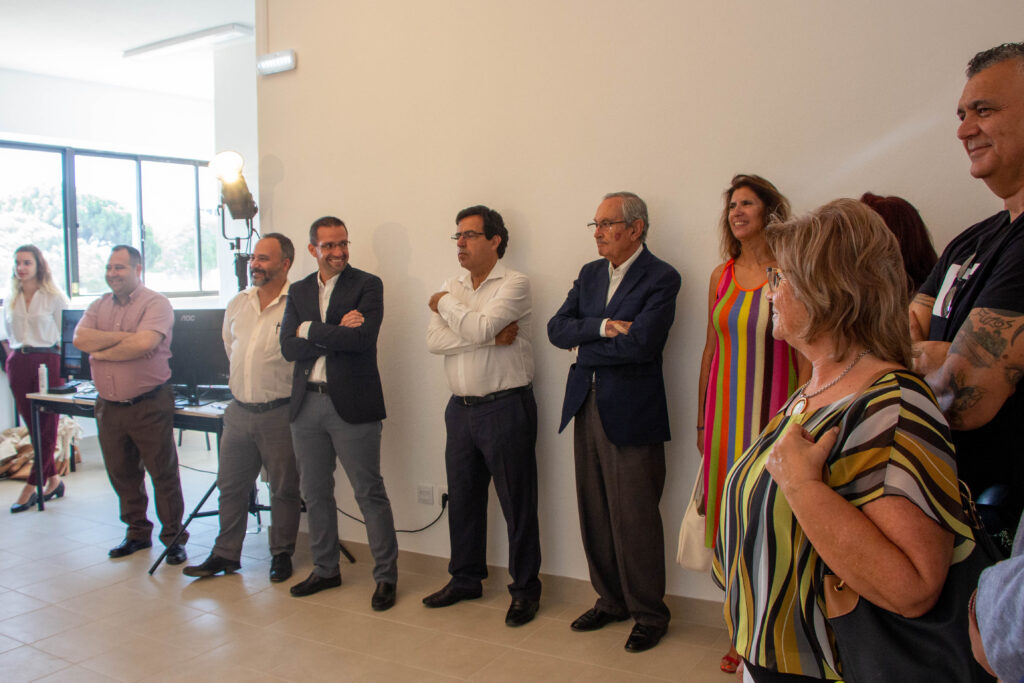
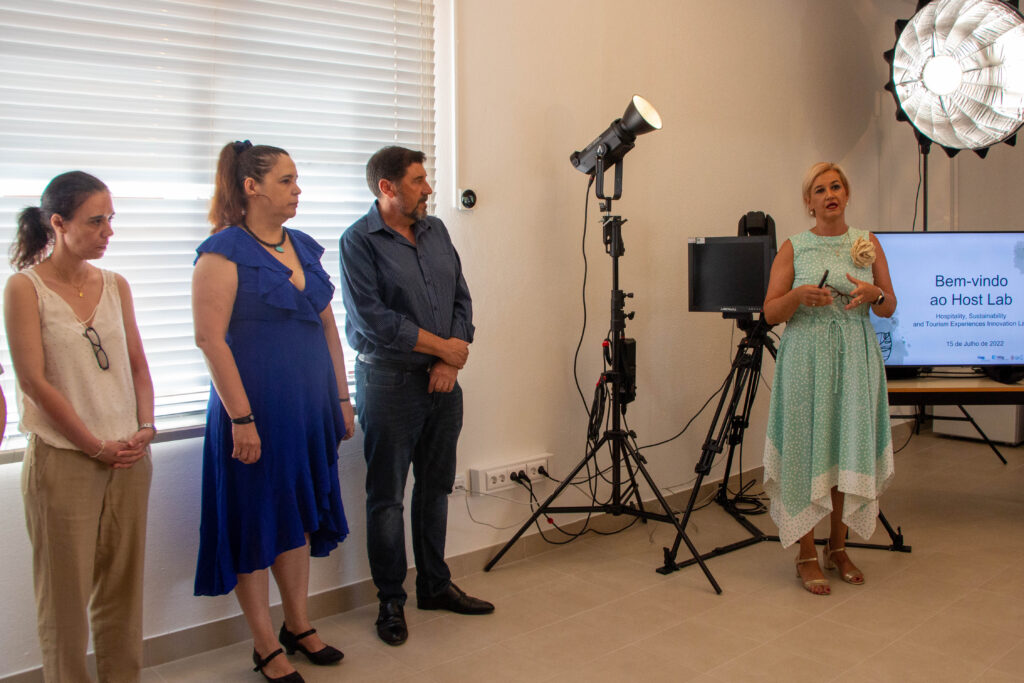
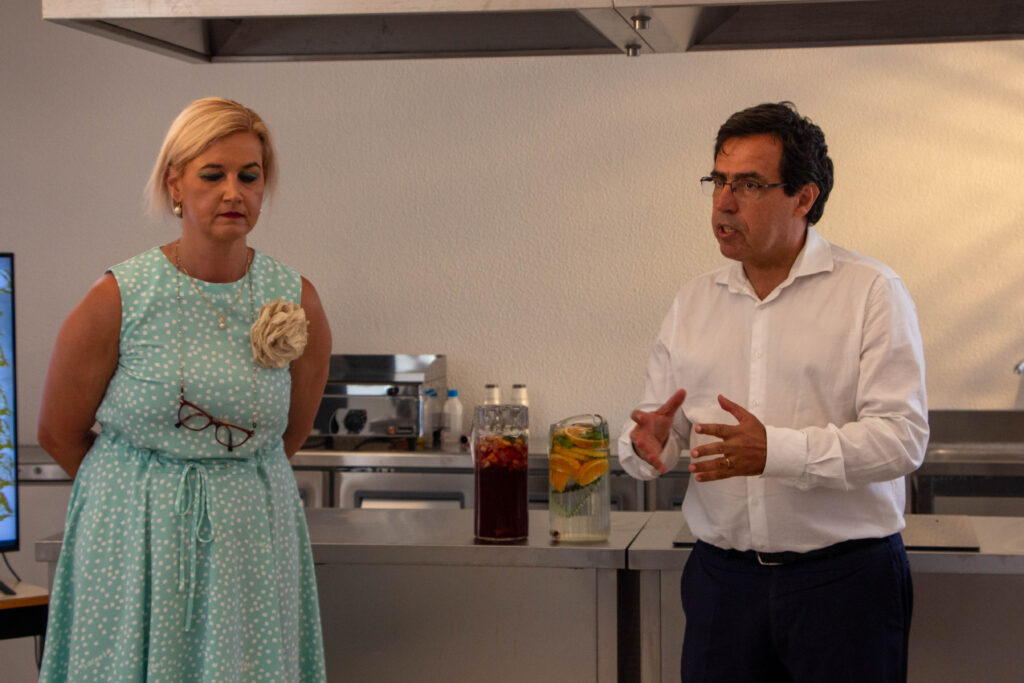
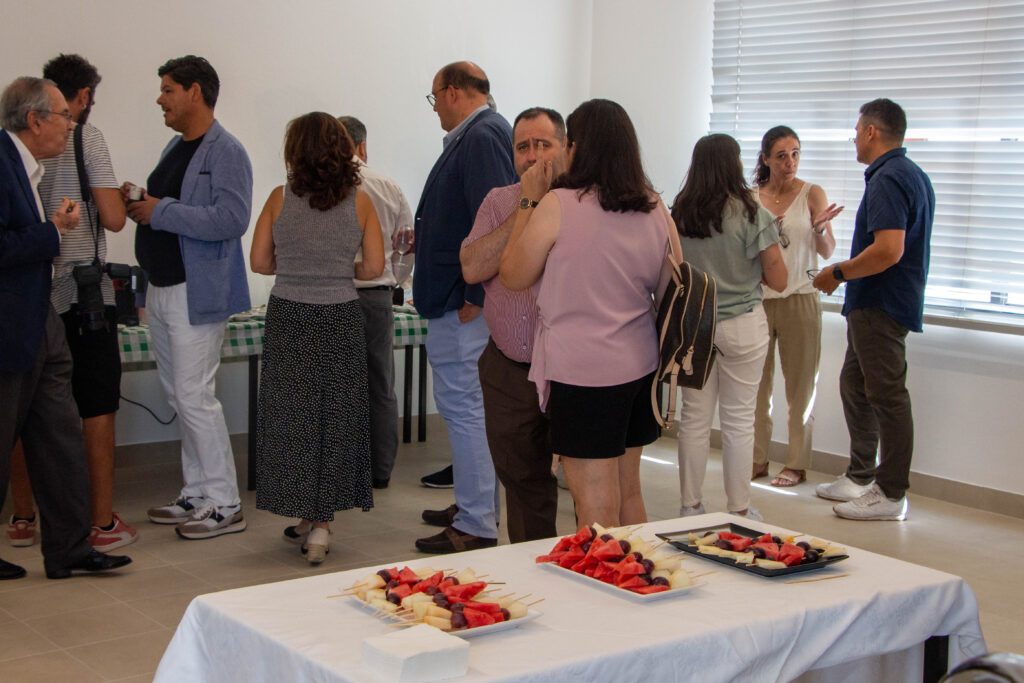
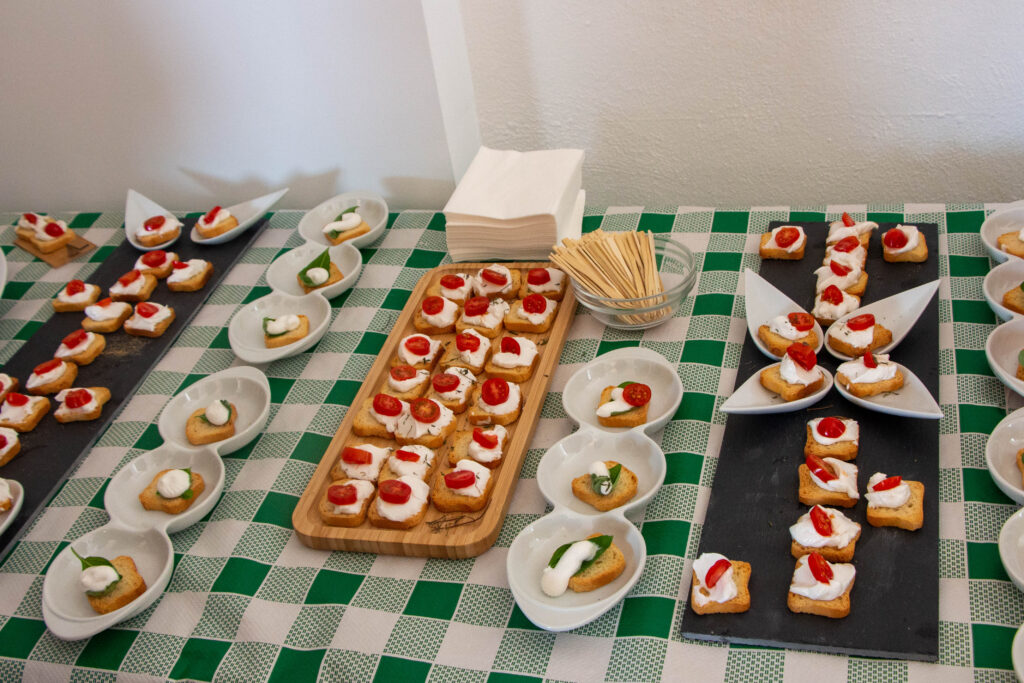



















Comments